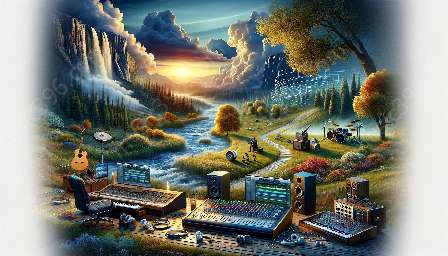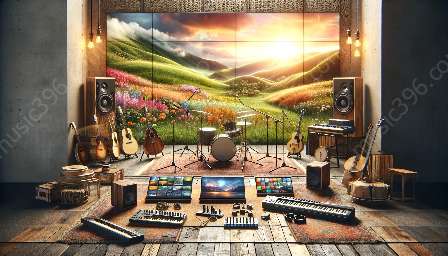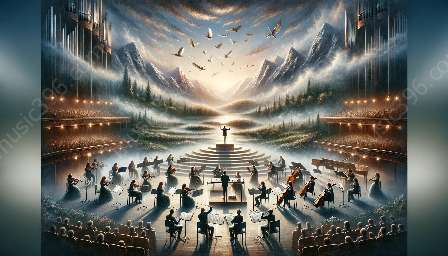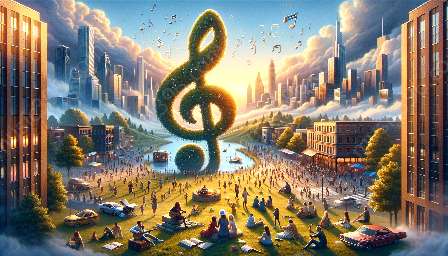Technology has revolutionized music composition pedagogy, offering innovative tools and resources that enhance music education. This article explores the impact of technology on music composition in pedagogy and its compatibility with music reference.
Understanding the Role of Technology in Music Composition Pedagogy
Music composition pedagogy has been greatly influenced by technology, providing educators and students with new ways to create, arrange, and analyze musical compositions. The integration of technology in music pedagogy has led to a paradigm shift in the way music is taught and learned, fostering creativity and empowering students to explore diverse musical styles and techniques.
Enhancing Creativity and Innovation
One of the key benefits of technology in music composition pedagogy is its ability to enhance creativity and innovation. Digital audio workstations (DAWs), music notation software, and virtual instruments enable students to experiment with different sounds, textures, and arrangements, empowering them to realize their musical ideas with unprecedented ease and efficiency.
Facilitating Collaborative Composition
Technology also facilitates collaborative composition, allowing students to work together on musical projects regardless of geographical barriers. Online platforms and cloud-based software enable real-time collaboration, fostering a sense of community and promoting peer learning in music composition pedagogy.
Integrating Music Theory and Technology
Furthermore, technology supports the integration of music theory and practical application in music composition pedagogy. Interactive software and apps offer interactive ways to explore harmonic progressions, chord structures, and rhythmic patterns, making music theory more engaging and accessible for students.
Impact of Technology on Music Reference
Technology has also significantly impacted music reference, providing comprehensive and easily accessible resources for music educators and students. Digital libraries, online databases, and streaming platforms offer a wealth of musical compositions, scores, analyses, and historical references, enriching the learning experience and broadening students' musical horizons.
Access to Diverse Repertoire
With the advancement of technology, music pedagogy has benefitted from increased access to diverse musical repertoire. Students can explore various genres, styles, and historical periods through digital archives, online music repositories, and streaming services, expanding their understanding and appreciation of music across cultures and eras.
Interactive Learning Tools
Technology also provides interactive learning tools that enhance music reference in pedagogy. Virtual libraries, multimedia resources, and mobile applications offer interactive scores, audiovisual analyses, and historical context, enabling students to engage with music on a deeper level while gaining a broader perspective on musical compositions and their cultural significance.
Enriching Music Pedagogy
Overall, technology has enriched music pedagogy by offering innovative resources and platforms that support music reference, making music education more engaging, inclusive, and comprehensive. By embracing technological advancements, music educators can inspire students to connect with music in meaningful ways, fostering a lifelong passion for musical exploration and composition.









































